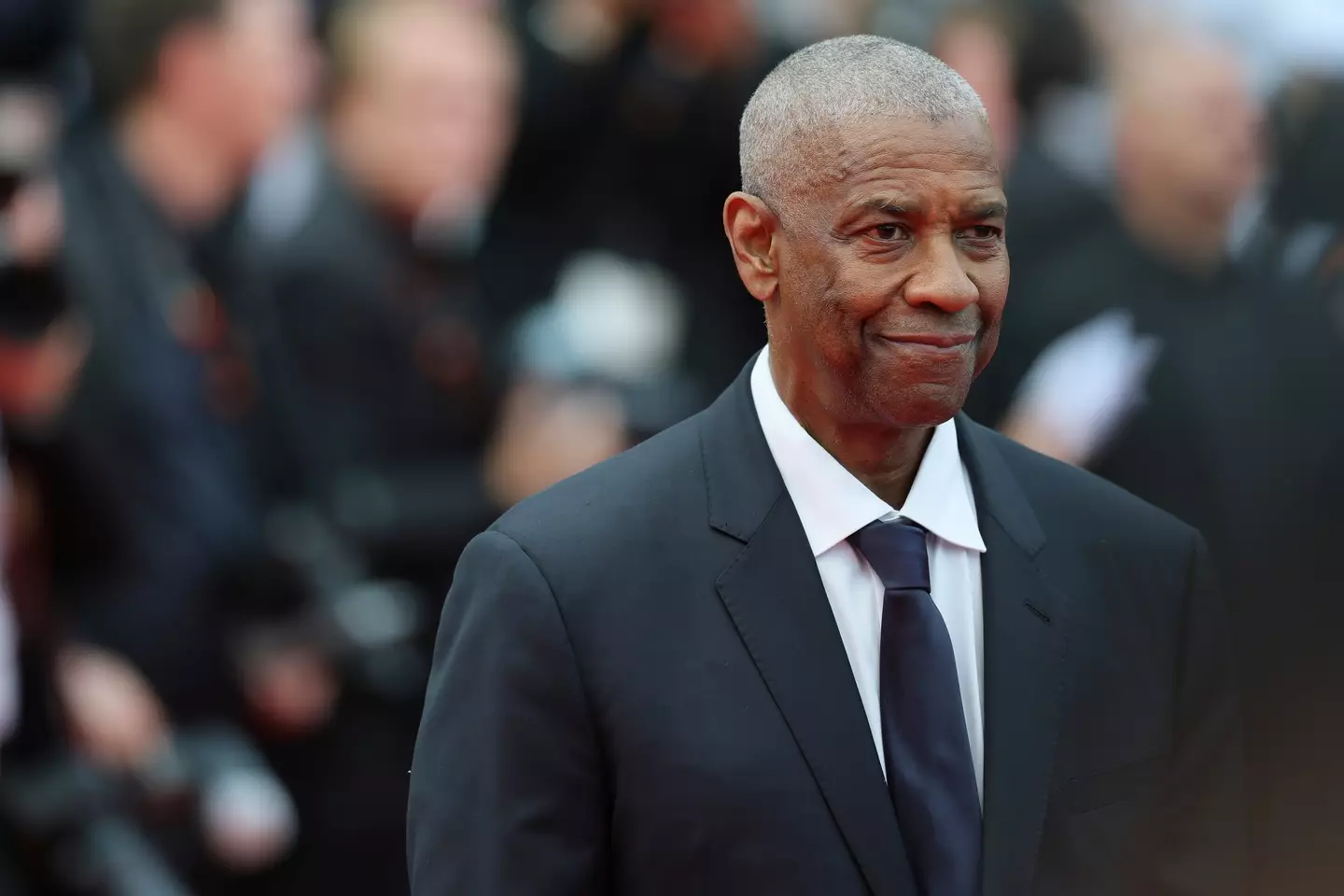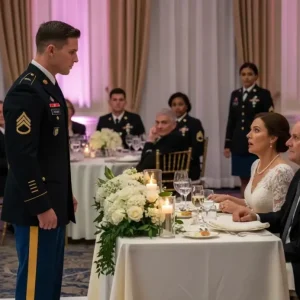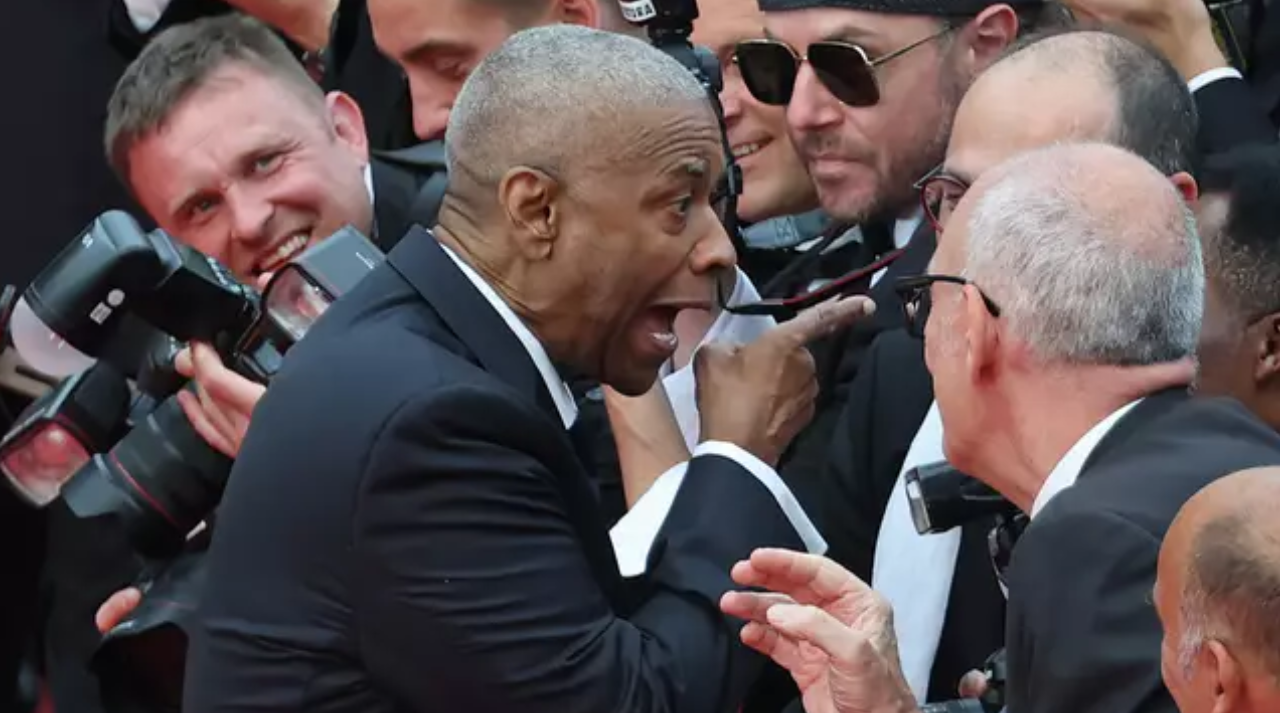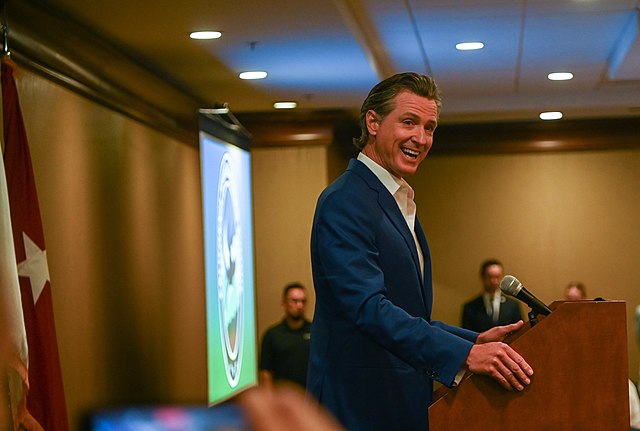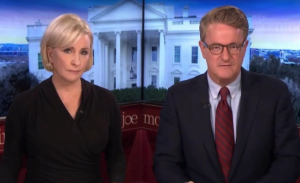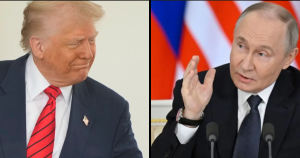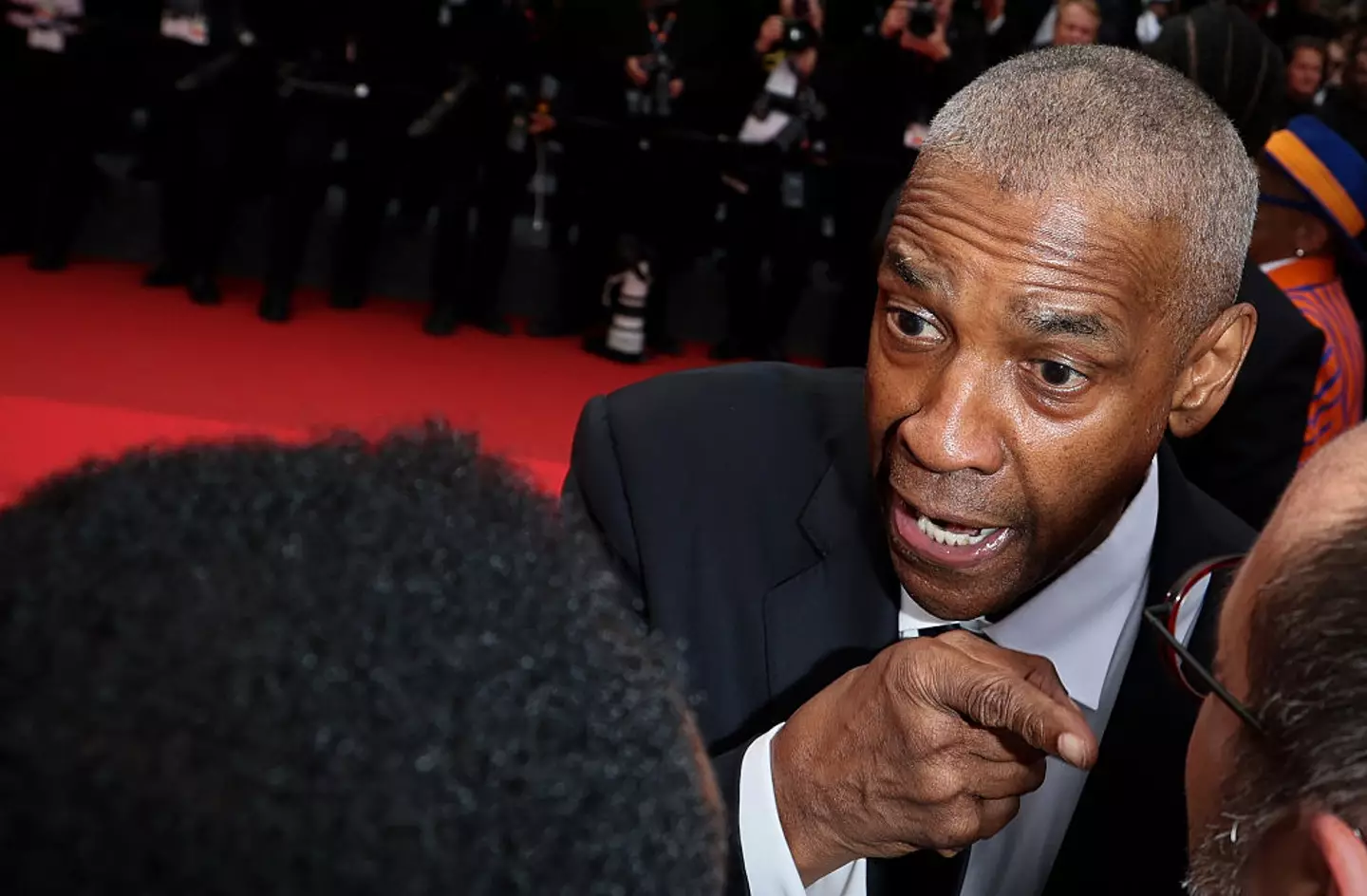
“This is a tense moment. At first glance, Denzel appears confrontational because of his body language,” Dr. Dawson told UNILAD. “But the context reveals more. The man he’s addressing is grinning—almost provoking. His expression, combined with physical contact, crosses a line.”
Lip reader Jeremy Freeman helped decode the verbal exchange. According to Freeman, Washington can be heard saying, “Hey, one – one more time, stop. Let me tell you—stop, stop—never put your hands on me again.” Despite the serious tone, the photographer reportedly laughed off the warning and replied, “Yes, yes, yes,” before grabbing Washington again to ask for another photo.
Dr. Dawson broke down the interaction further: “Denzel’s reaction is a textbook example of territorial self-defense. His finger-pointing and upright posture indicate a desire to regain control in a public setting where he’s otherwise expected to maintain composure. He’s alert, shoulders raised, breathing shallowly—classic signs of a heightened nervous system under pressure.”
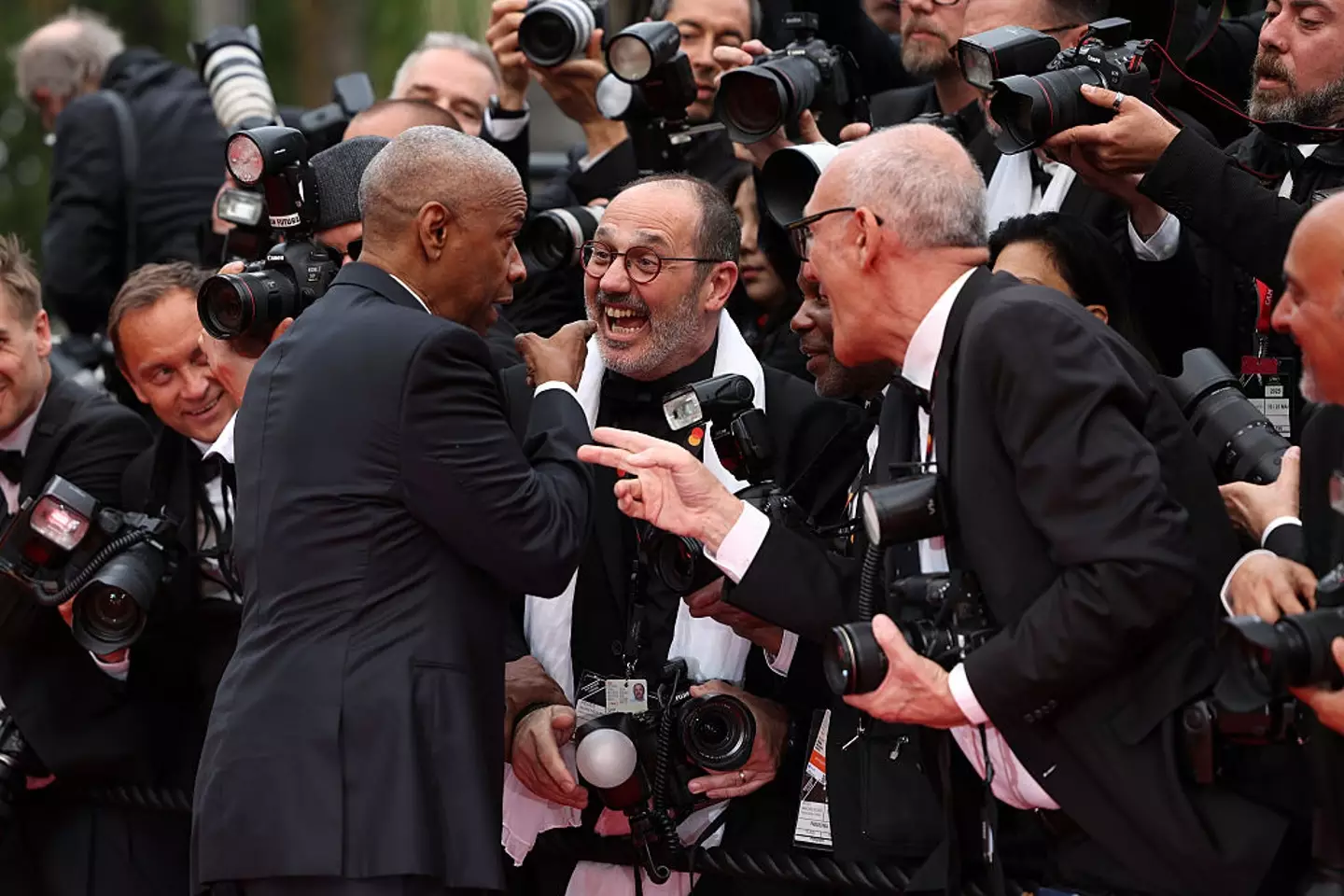
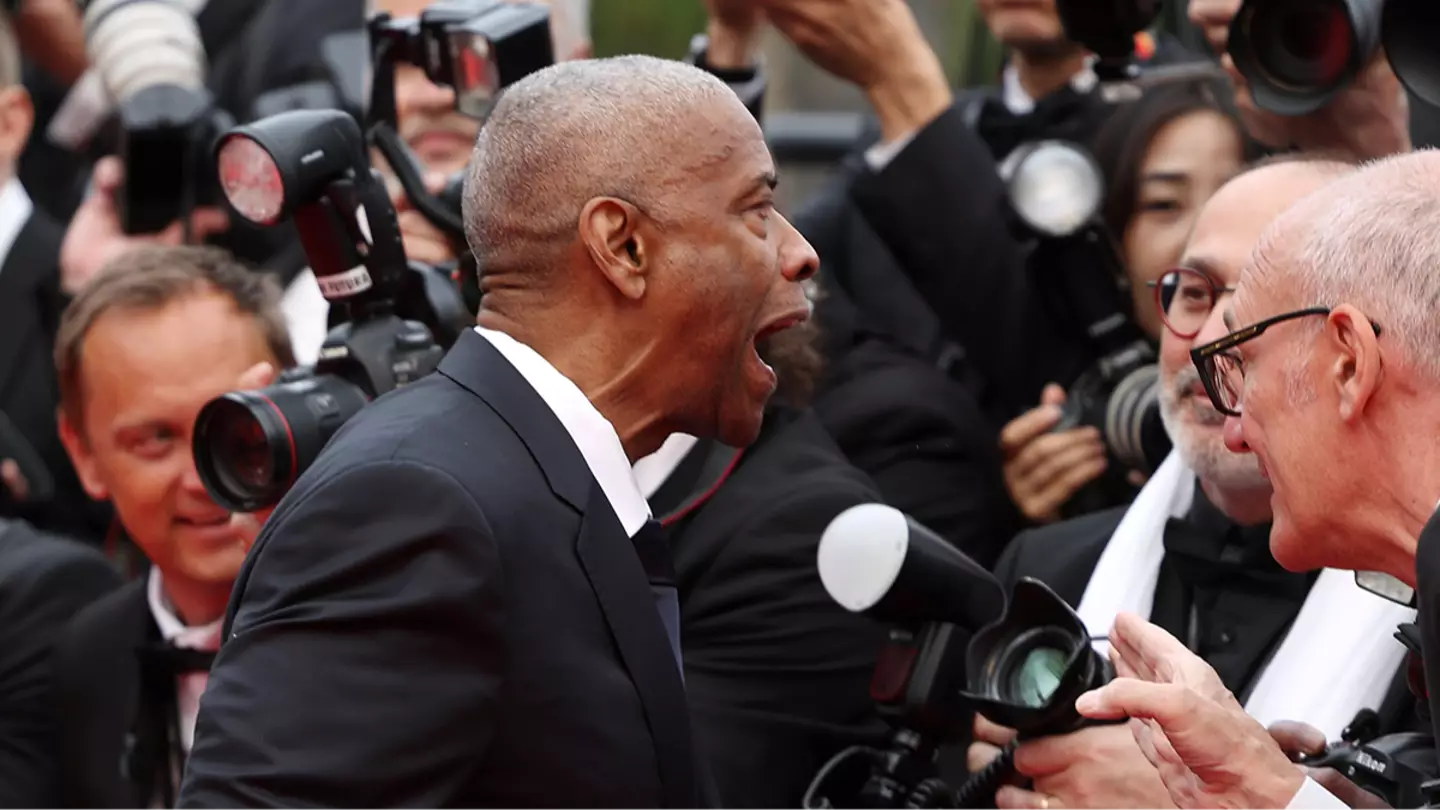
Indeed, the scene was charged with unspoken rules of celebrity life: maintain grace, but fend off intrusion. As Freeman explained, Washington reiterated firmly, “Stop, stop it. I mean it. Stop.”
Social media was quick to react. One user noted, “He clearly said ‘don’t ever put your hands on me again,’ and the guy did it again. YUCK.” Another added, “These folks get touched and hounded all day. I give Denzel a total pass for this reaction.”
Adding to the surreal nature of the evening, shortly after the confrontation, Washington was surprised on stage with an honorary Palme d’Or, presented by director Spike Lee. The award added a moment of grace to an otherwise intense evening.
“I’m a little emotional,” Washington said in his acceptance speech. “But from the bottom of my heart, I thank you all. We’re just blessed beyond measure.”
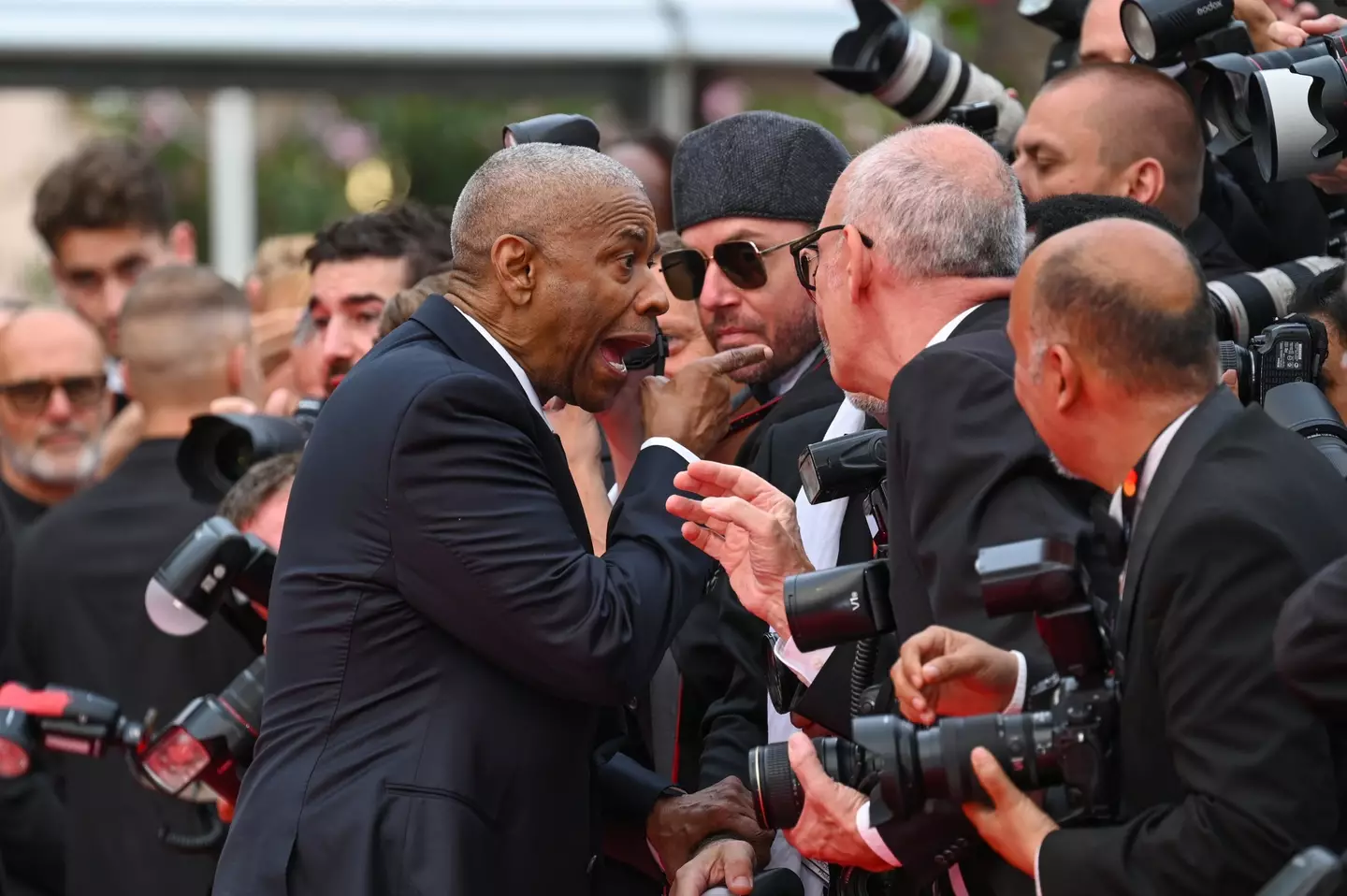
The encounter has sparked wider conversations about boundaries, consent, and the pressures celebrities face in hyper-public spaces. While Denzel Washington’s response may have seemed forceful to some, many viewed it as an understandable reaction to being physically provoked—twice—in front of cameras and crowds.
As Dr. Dawson concluded, “This wasn’t about ego. It was about dignity and restraint. Washington was clear, firm, and—importantly—non-violent. In an industry where image is everything, his reaction felt more human than Hollywood.”
